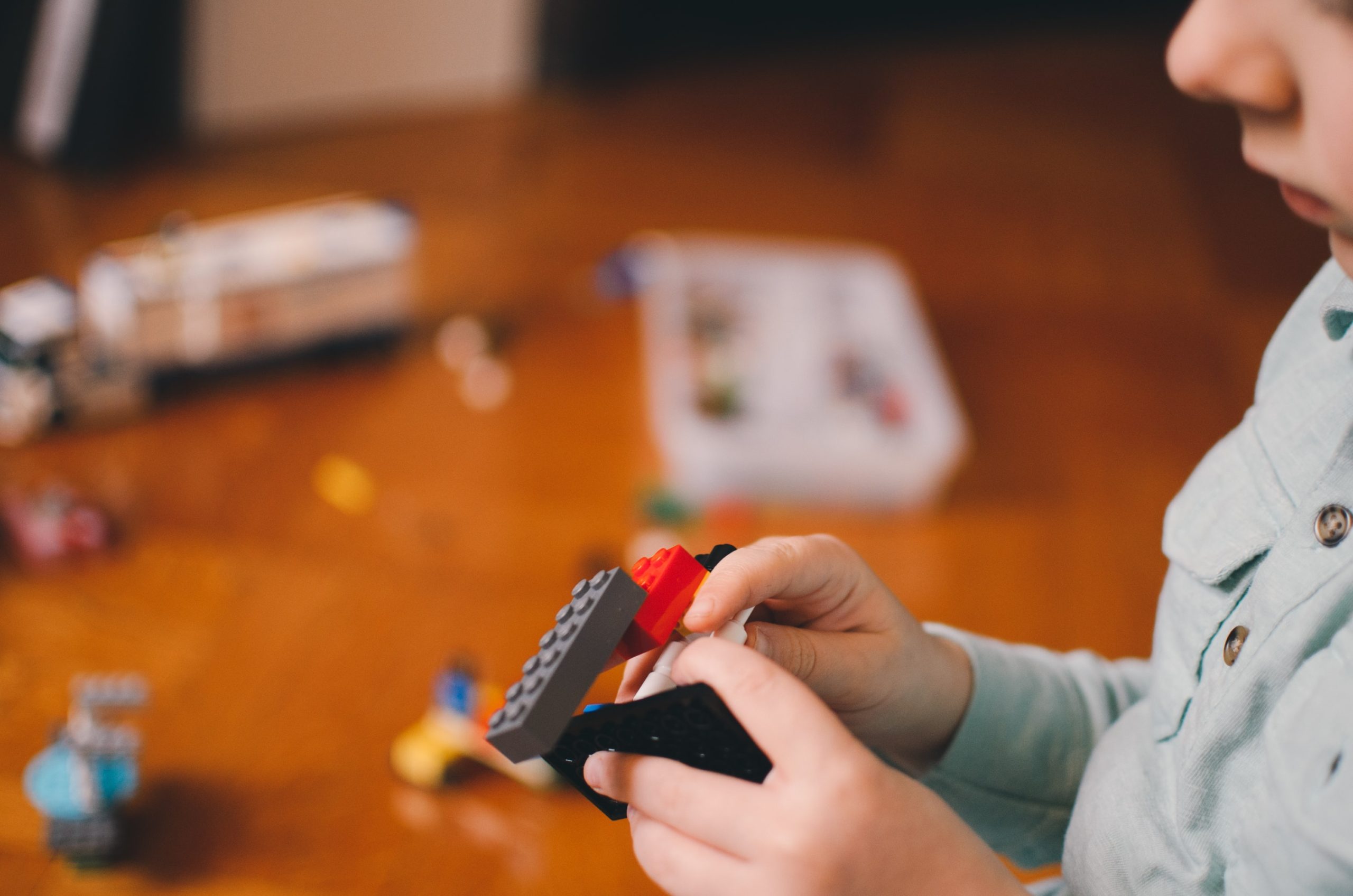Talking to your kids about why you need to participate in paid labour is an ongoing conversation and one that’s beneficial to start early.
Kids know their parents have schedules and are responsible for things when they are not around, even if they might not know exactly what they do for a job.
By talking about work in an open way, you can encourage your child’s curiosity about all the different kinds of jobs out there and open up their understanding about money. It’s also an opportunity to start talking about labour and schedules.
Here are tips for talking to kids about work:
- Ask them what they think you do.
This can be a really cute one. Explain what you do, then show them an example of your work (if possible). If you can think of an activity that can illustrate your job, that’s a good idea as well. For example, maybe you work as a dental assistant. Try brushing a stuffy’s teeth!
- Arrange a visit to your office or worksite.
Depending on your line of work, it may be possible to take your kid to your office or worksite. If they can’t come in the building, maybe you can take a tour of the area one day. It’s amazing how much kids can remember and how showing them where you work will make it click for them.
- Talk about working for money
Early on, my daughter would ask me why I needed to go to work. At first, I’d brush the question off, but then I began talking to her about one of the main reasons why I work: to earn money for our lifestyle. This is a good starting point for building a strong financial literacy foundation for your kid that will serve them for years to come.
- Ask them what they want to be when they grow up
Kids often want to be firefighters, dancers, or singers. When you tell your child about your job, ask them what they want to be when they grow up. These are light-hearted conversations, but a good way to talk about different possible jobs.
By talking about work and labour with your kids early on, you are setting up the foundation of keeping your kid curious, interested, and attuned for financial literacy later on in life.

